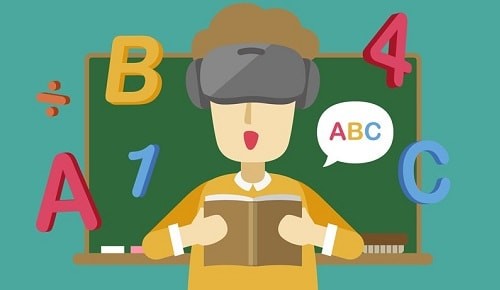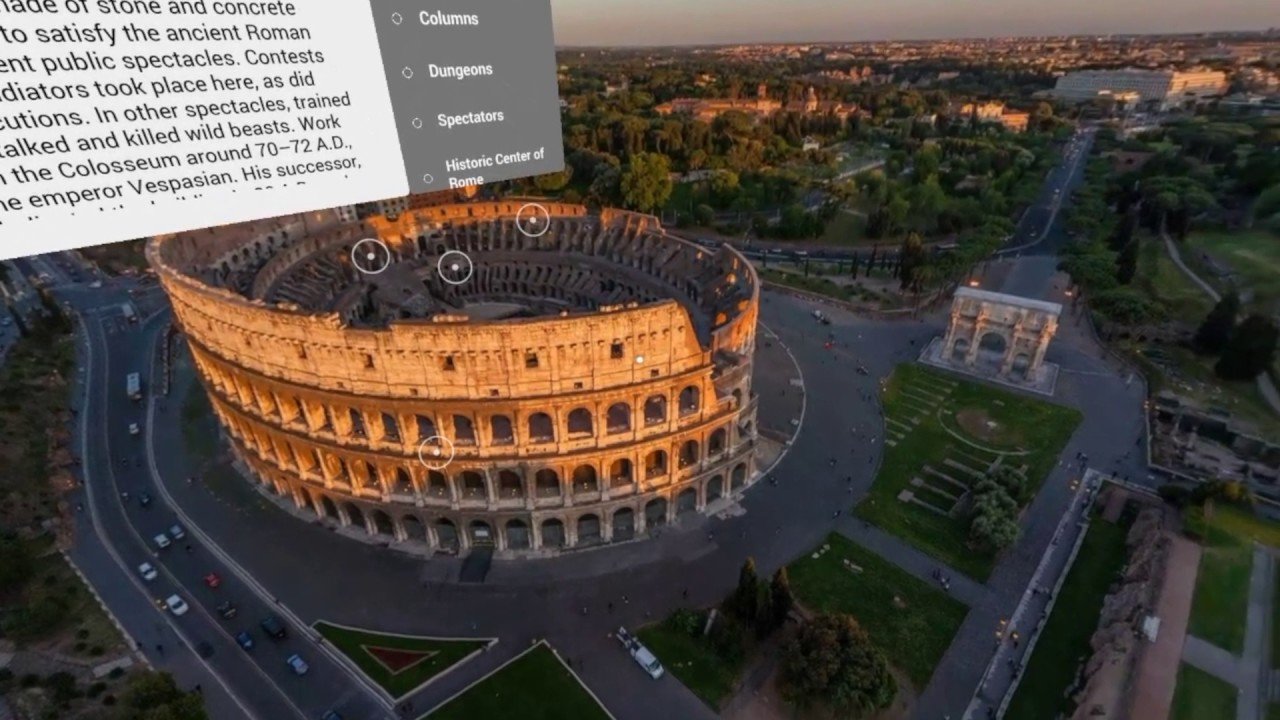Recently, a major decision was made by the government of New Zealand: "Virtual Reality is going to be pushed into all schools in the year 2020". This landmark decision is an important step that will bring many benefits. What area benefits of bringing this new technology into the classroom? In today’s article, we’ll discuss these advantages and how VR can benefit teachers and students.

"Raising awareness and leveraging the potential of emerging technologies such as AR/VR is a key part of this. The growth of our local AR/VR sector is tipped to create new high value jobs and export opportunities, supporting the diversification and growth of the New Zealand economy. And the application of these technologies in areas such as health, education, and entertainment also carries significant benefits". Carolyn Tremain Chief Executive, Ministry of Business, Innovation & Employment of New Zealand in a report from NZVR/AR Association
Let's take a look at how this new technology will arise a positive impact in the education sector for New Zealand.
1. Improve Student Performance
During a Ted Talk, Zenka, an LA-based artist, mentioned Edgar Dale’s cone of learning. Edgar Dale was an American educator who stated that human brains remember 10% of what they read, 20% of what they hear, and 90% by doing activities or through simulations. VR allows users to actively engage with their ideas thus providing an exponential improvement in learning.
Moreover, Michael Bodekaer did a Ted Talk where he shared his results after adopting VR in his lab for students to engage and test theories. His VR experience demonstrated how VR increased engagement of students by 76%. And when instructors were directly involved in this learning process, the impact on learning grew by 101%.
2. Make Learning Fun Again
How many of us have heard these words from a student – “I’m bored.” Teachers work tirelessly to engage students through interactive games and projects, group work, public speaking and a multitude of other avenues. Often times their efforts fall flat.
To say virtual reality would make class interesting again is an understatement. It would also allow teachers from New Zealand and from around the world to bring lessons to life. Students would experience hands-on, real life encounters that will prepare them for the future.
2. Memorable Experiences
Imagine transporting a child to the ancient ruins of Pompeii, the sunken wreck of the Titanic or the Great Wall of China? No school budget could sustain these adventures, but virtual reality education can make it happen! Children would have the opportunity to have once in a lifetime experiences.
Virtual reality can also help prepare students for the future workforce by teaching real-life skills. A scenario designed around a current lesson on topics such as specialized training, vocational jobs or nursing can be “practiced” and experienced using this technique.
3. Promotes Creativity and Curiosity
Virtual reality education puts the power in the hands of the learner. Students are allowed to make decisions and adjustments. They can experiment with their creativity and are prompted by their curiosity to learn how things work. All these factors link to critical thinking and increased retention. The entire experience brings learning to another level.
So what are you waiting for? Enjoy virtual reality with your students and try this emerging and powerful technology!

New Zealand Discover more with RobotLAB VR Kits!
Check our VR kits and travel with your students from the comfort of your classroom!



Comments